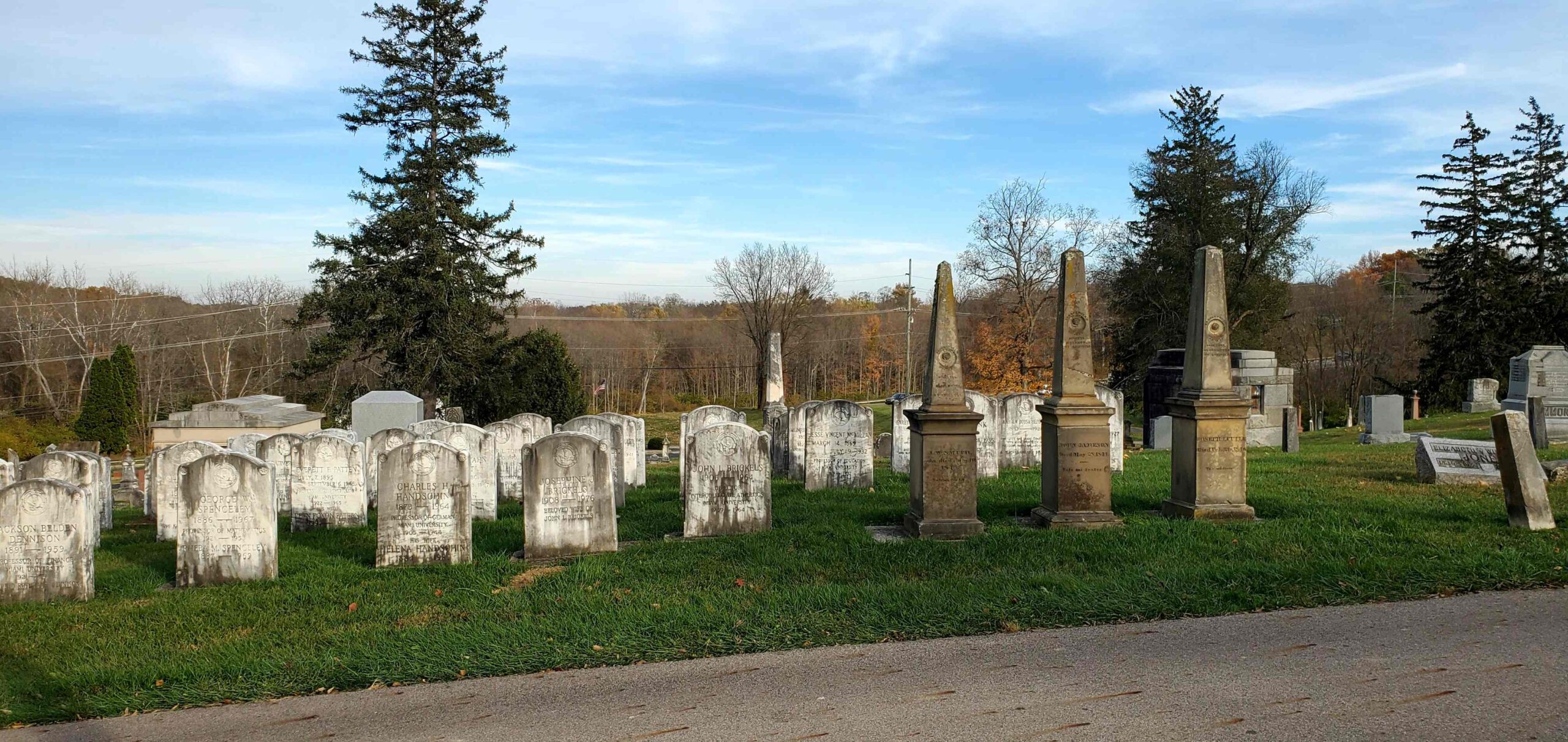
POETRY AT MIAMI
“The African”

“The African”
M.B.S.
The Literary Register (July 28, 1828)
Oxford Ohio.
In the 1820’s, Miami University practiced racial discrimination and received substantial tuition income from families whose wealth was created by the labor of enslaved people of African descent. During this period, there was significant support for slavery among Miami’s students and faculty.
This 1828 abolitionist poem, “The African” describes the injustice of slavery and represents shifting opinions among Miami students during the 1820’s, as the practice of slavery was debated by members of Miami’s literary societies with increasing frequency.
In 1834, Miami’s first anti-slavery society was formed. During the Civil War, twenty-seven Miami students are known to have fought for the Confederacy, while approximately four hundred and twenty Miami graduates served in the Union Army, joining more than 180,000 formerly enslaved Union soldiers.
On June 19, 1865, chattel slavery was at last outlawed in the US, following the conclusion of the Civil War, an event now commemorated by the federal holiday of Juneteenth.